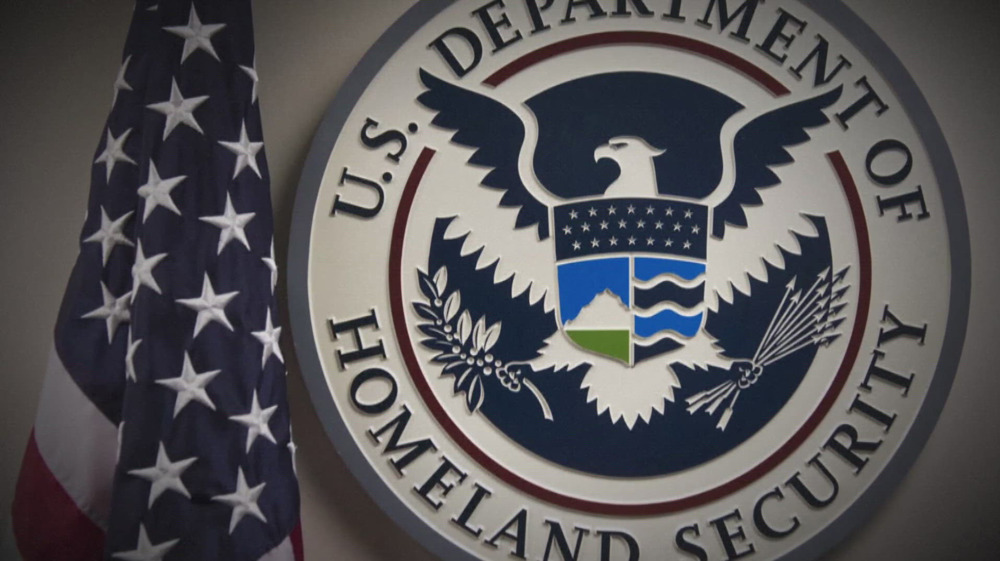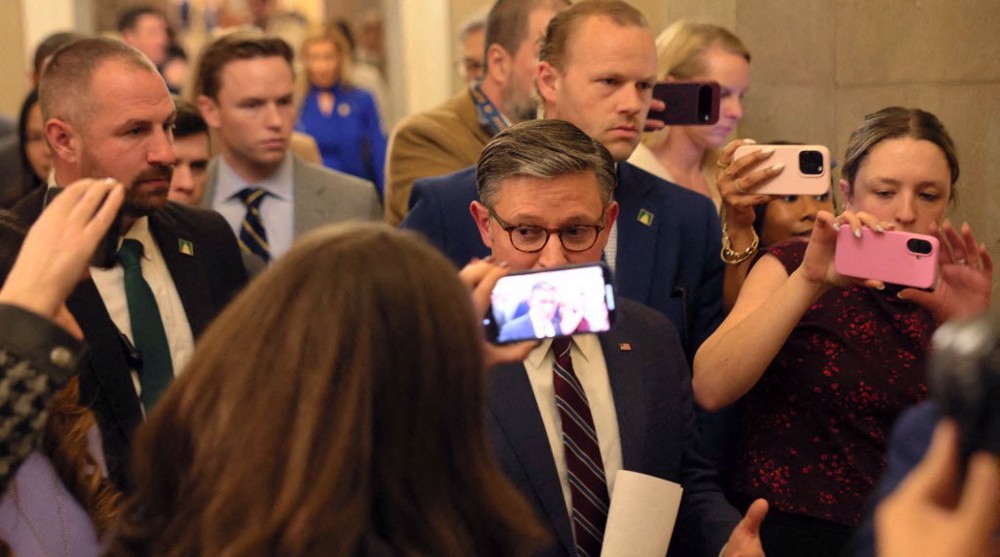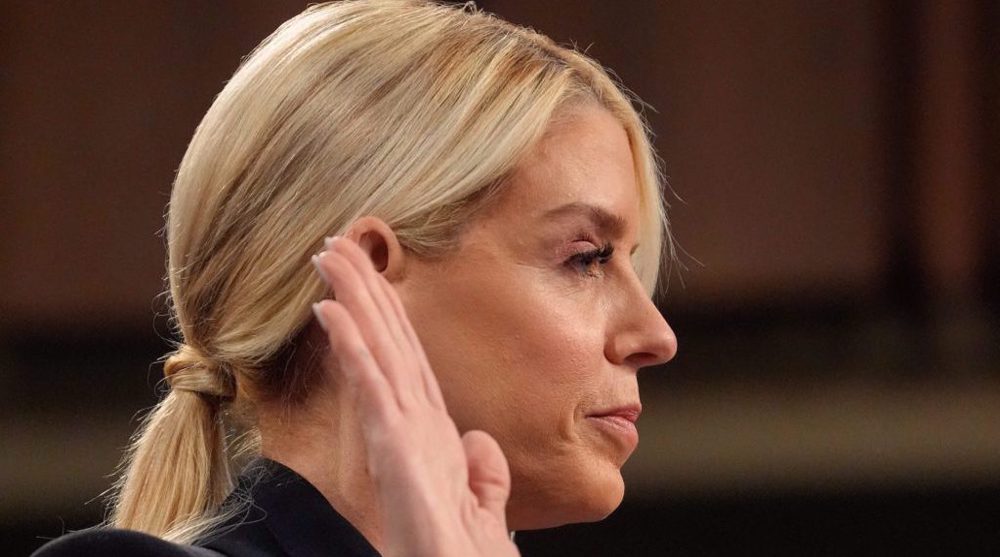Barr is said to be weighing whether to leave before Trump’s term ends
US Attorney General William P. Barr is considering stepping down before President Trump’s term ends next month, according to three people familiar with this thinking. One said Barr could announce his departure before the end of the year.
It was not clear whether the attorney general’s deliberations were influenced by Trump’s refusal to concede his election loss or his fury over Barr’s acknowledgment last week that the Justice Department uncovered no widespread voting fraud. In the ensuing days, the president refused to say whether he still had confidence in his attorney general.
One of the people insisted that Barr had been weighing his departure since before last week and that Trump had not affected the attorney general’s thinking. Another said Barr had concluded that he had completed the work that he set out to accomplish at the Justice Department.
But the president’s public complaints about the election, including a baseless allegation earlier last week that federal law enforcement had rigged the election against him, are certain to cast a cloud over any early departure by Barr. By leaving early, Barr could avoid a confrontation with the president over his refusal to advance Trump’s efforts to rewrite the election results.
Barr’s departure would also deprive the president of a cabinet officer who has wielded the power of the Justice Department more deeply in service of a president’s political agenda than any attorney general in a half-century.
Conversely, it would please some Trump allies, who have called for Barr to step down over his refusal to wade further into Trump’s efforts to overturn the election outcome.
Barr has not made a final decision, and the prospect of him staying on through Jan. 20 remains a possibility, the people familiar with his thinking cautioned. Should Barr step down before the end of the Trump administration, the deputy attorney general, Jeffrey A. Rosen, would be expected to lead the Justice Department until President-elect Joseph R. Biden Jr. is sworn in.
A Justice Department spokeswoman declined to comment. The White House had no comment.
Barr, 70, is the strongest proponent of presidential power to hold the office of attorney general since Watergate. Soon after he was confirmed in February 2019, he gained Trump’s trust and his ear. He managed to heal fissures between the White House and the Justice Department that broke open when the president learned that his campaign was under investigation related to Russia’s interference in the 2016 election.
Like Trump, Barr believed that the FBI had abused its power in investigating the Trump campaign’s ties to Russia. An independent inspector general has found that the bureau had sufficient reason to open the inquiry and that senior officials there acted without political bias in doing so.
But weeks after taking office, Barr released a summary of the report by the special counsel, Robert S. Mueller III, that a judge later called distorted and misleading. He presented it in the best possible light for Trump before the public could read it.
Barr soon asked John H. Durham, the US attorney in Connecticut, to open an investigation into the Russia inquiry itself to seek out any wrongdoing under the Obama administration.
While that investigation has not yet produced the kind of results that Trump has explicitly said he would like to see — including criminal charges against former President Barack Obama and Biden, as well as the former FBI director James B. Comey — Barr has ensured that Durham’s work will continue into the next administration. In October, he secretly appointed Durham a special counsel assigned to seek out any wrongdoing in the course of the Russia investigation.
Barr revealed that appointment last week at the same time that he said he had not seen evidence that voter fraud had affected the results of the election. Pairing the Durham announcement with that revelation was widely seen as an effort to placate Trump, who was said to be enraged that Barr had publicly contradicted him.
Throughout the presidential campaign, Barr was among the loudest voices warning that mail-in ballots would result in mass election fraud. He routinely claimed in speeches and interviews that the potential for widespread voter fraud was high and posed a grave danger. Barr’s claims were sometimes false or exaggerated and were widely refuted.
“I don’t have empirical evidence other than the fact that we’ve always had voting fraud. And there always will be people who attempt to do that,” Barr said in September. He called his conclusions “common sense.”
And after the election, Barr opened the door to politically charged election fraud investigations, authorizing federal prosecutors to investigate “specific allegations” of voter fraud before results were certified. Typically, the Justice Department waits until after vote totals are certified to investigate such suspicions in order to avoid shaking public confidence in elections.
At the same time, Barr’s public appearances dwindled, and he did not comment on the results or Trump’s attempts to overturn the outcome. But as the president’s legal challenges hit a dead end, the pressure on Barr to speak out increased when Trump suggested in an interview on Nov. 29 that the Justice Department and the FBI might have been “involved” in some sort of election fraud.
“This is total fraud. And how the FBI and Department of Justice — I don’t know, maybe they’re involved — but how people are allowed to get away with this stuff is unbelievable,” Trump told the Fox Business host Maria Bartiromo.
Barr broke his silence a few days later, telling The Associated Press that he had not seen evidence of election fraud on a scale that would have changed the fact that Biden won.
“To date, we have not seen fraud on a scale that could have effected a different outcome in the election,” he said.
With Barr’s departure, Trump would lose the cabinet official who has carried out his agenda on policing, racial unrest, affirmative action and immigration. Unlike officials who have privately denigrated Trump, department officials and friends say that Barr agrees with most, if not all, of the president’s positions, as well as his view that he was wronged by the Obama administration.
Barr himself has taken umbrage at the notion that his actions that helped Trump’s allies — reducing a sentencing recommendation for the president’s longtime friend Roger J. Stone Jr. on seven felony convictions and seeking to withdraw the prosecution of Michael T. Flynn on a charge of lying to investigators — were done at the president’s behest. He has publicly and privately insisted that he would have made those moves no matter what because he felt they were right.
When Barr left the Justice Department in 1993 after serving as attorney general under President George Bush, he became the general counsel of the telecommunications company GTE Corp., which eventually became Verizon. That stint at the company ended with a $10.4 million payout and made him a millionaire many times over, making it unlikely that he will take another full-time job after he leaves the department.
Source: The New York Times
‘Textbook definition of terrorism’: Tehran denounces Pelosi’s call on US to exact ‘pain’ on Iranians
VIDEO | 39th AU summit opens in Addis Ababa with focus on water security, peace, and development
VIDEO | Iran: The stronghold Washington lost
Anti-Iran ‘Munich circus’ shows Europe has lost geopolitical weight: Araghchi
Swiss to act as venue of next round of Iran-US talks: Report
Report: Over 50,000 soldiers fighting in Israeli military hold foreign citizenship
Danish PM warns US attack on Greenland would spell end of NATO
Power running out at key Gaza hospital, ICU patients at risk: Report










 This makes it easy to access the Press TV website
This makes it easy to access the Press TV website